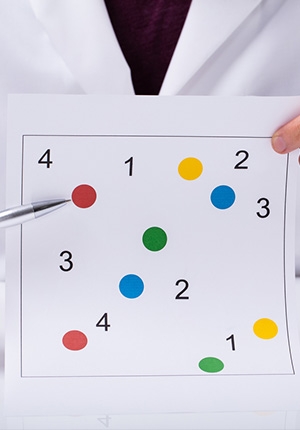How Chronic Pain and TBI Are Connected: What You Can Do
When most people think of traumatic brain injury (TBI), symptoms like memory loss or confusion often come to mind. However, chronic pain is a lesser-known yet common consequence that can significantly...





